Does low or no vacancies = no problems at your building?
Ask Kari is a monthly, Question & Answer feature from Kari Negri. Kari has two decades of property management experience, is a featured speaker at many industry trade shows, such as AAGLAs annual trade show, and is the CEO of SKY Properties, Inc. in Los Angeles.
Does low or no vacancies = no problems at your building?
Most of us are happy to have full buildings; however, this does not always translate into a good thing because it is possible that your rents are too low and this can turn to economic disaster before you know it.
Here are 5 things to consider when your building is full:
1. Micro-Economy Supply
If your building were a micro-economy with no supply, what does that say about demand? Demand is high. Supply is zero. Prices may be too low, or there is simply a low inventory in the overall marketplace. Either way, price is a factor. This might be a great opportunity to raise current tenant rents, without getting a vacancy, if done practically.
2. How long has your average resident lived at your building?
Have you seen the economic environment of your area improve, but the same residents remain at your building? This may be a sign that your rents are too low. Therefore, put on a pair of tennis shoes and check out the neighborhood. Are there any vacancies on your street or within a mile? What are their prices and amenities? This may be a good time to give long-term residents some upgrades to their units that you would have to do anyway to keep up with trends and raise their rent. Of course, you want to take a look at what can be done reasonably to add value. If you have a rent control building, I like to offer tenants upgrades in exchange for updated leases and a bump in rent. If you both agree to it, this is a good way to get your rents up and add value to your unit.
3. When was your last rent increase?
Like cost of living and salary adjustments, rents must be adjusted with current economic conditions. Some owners dont routinely raise rents because they don't want to cause any trouble. I have found that keeping the overall buildings ecology healthy is more beneficial for owners and residents alike. A rent increase each year, even if it is a small amount, is usually expected. Most residents prefer that their building be kept up, and maintenance done regularly in their unit, than forego a rent increase. All of us want to get what we pay for it is no different in housing. In fact, it is even more important.
4. Consider how you might reinvest increased cash flow.
If cash flow increases, certainly consider reinvesting in the community. Maybe add a fresh layer of redwood chips to soil areas in the courtyard or plant some new drought tolerant plants. Get ahead on paint touch up in common areas or hot pressure wash stains in common parking areas. Your residents will appreciate the simple improvements and see the money at work for them.
5. But my building is full, and I serve regular rent increases. Am I doing something wrong?
Not necessarily. As long as you are doing regular market surveys of your neighborhood when you get a vacancy, or when it is time for rent increases, and can confirm that your rents are competitive for what you offer, you are in good shape! And remember, whenever I mention market survey, Im always talking about putting on a pair of sneakers and walking around in your buildings neighborhood. Look at the buildings within a couple block radius closely. What condition are the buildings in? How many vacancies do you count? How long have they been on the market? What amenities do they offer? How do they compare with your last vacancy? Then go on-line and take look at online ads as well. Just remember that this is not as accurate information because some online ads can be misleading.
As always, please remember, I am not an attorney. Seek clarification through your attorney. All articles are simply an opinion. Stay in touch at www.GetSky.net
Do you need professional property management from Kari Negri and SKY Properties, Inc.? visit our contact page to get started.
SKY Blog & Media






